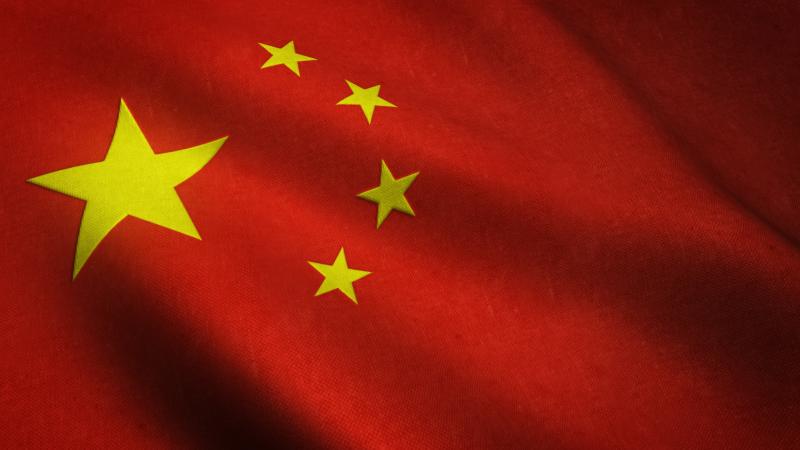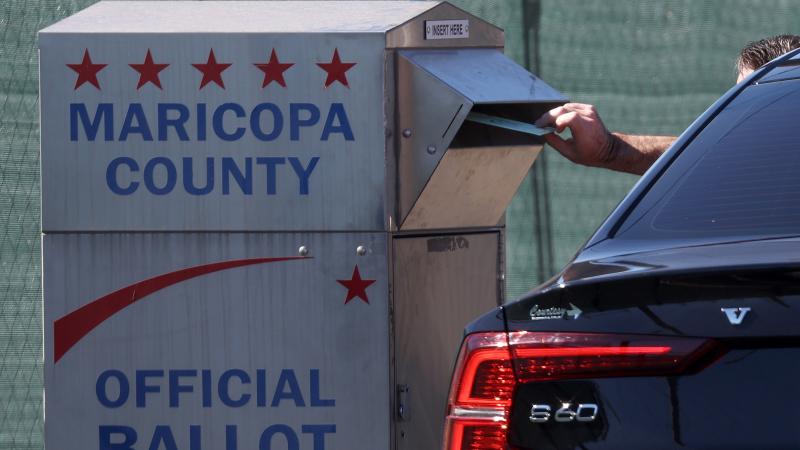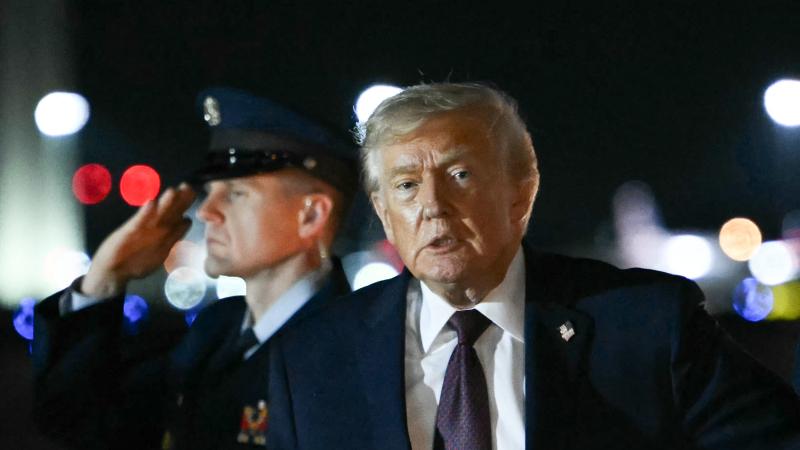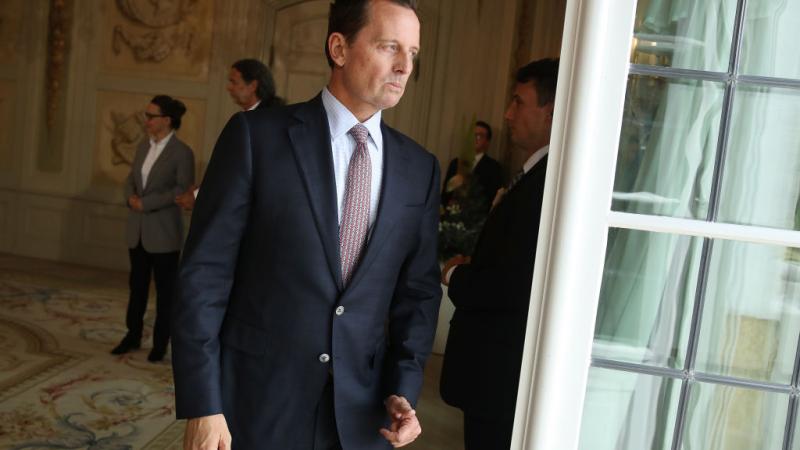Treasury Department levels sanctions against Hong Kong leaders over 'draconian' security law
Chief executive, justice administrator among sanctioned individuals
The Treasury Department on Friday leveled sanctions against nearly a dozen leaders in Hong Kong over what the agency calls a "national emergency" of "malign activities" against citizens.
The department imposed sanctions on 11 individuals for "undermining Hong Kong’s autonomy and restricting the freedom of expression or assembly of the citizens of Hong Kong," according to a Treasury press release.
In late June, China enacted a sweeping national security law intended to crack down on anti-Beijing protest in Hong Kong that were largely led by pro-democracy activists. The protests, over many months prior the law being enacted, included clashes with police, injuries and damage to commercial property.
The U.S. in announcing the sanctions cited "the recent imposition of draconian national security legislation" on the people of Hong Kong by the Communist Chinese government, claiming the named individuals have facilitated the execution of that law and other purported human rights abuses against the Hong Kongese.
Among the sanctioned leaders is Carrie Lam, the chief executive of the Hong Kong Special Administrative Region. Lam, the Treasury said, is "directly responsible for implementing Beijing’s policies of suppression of freedom and democratic processes," including her advocacy of a stricter extradition law for Hong Kong residents as well as her involvement in the controversial national security law.
Also named is Chris Tang, the commissioner of the Hong Kong Police Force. Tang, who the Treasury argues, has "enthusiastically supported" the security law, with the U.S. claiming he has participated in "coercing, arresting, detaining, or imprisoning individuals under the authority of the National Security Law."
Among the other sanctioned parties include the Hong Kong Secretary for Security, the Secretary for Justice, and the director of the Hong Kong Liaison Office.
The sanctions "prohibit all transactions by U.S. persons or within (or transiting) the United States that involve any property or interests in property of designated or otherwise blocked persons," the Treasury said.
















